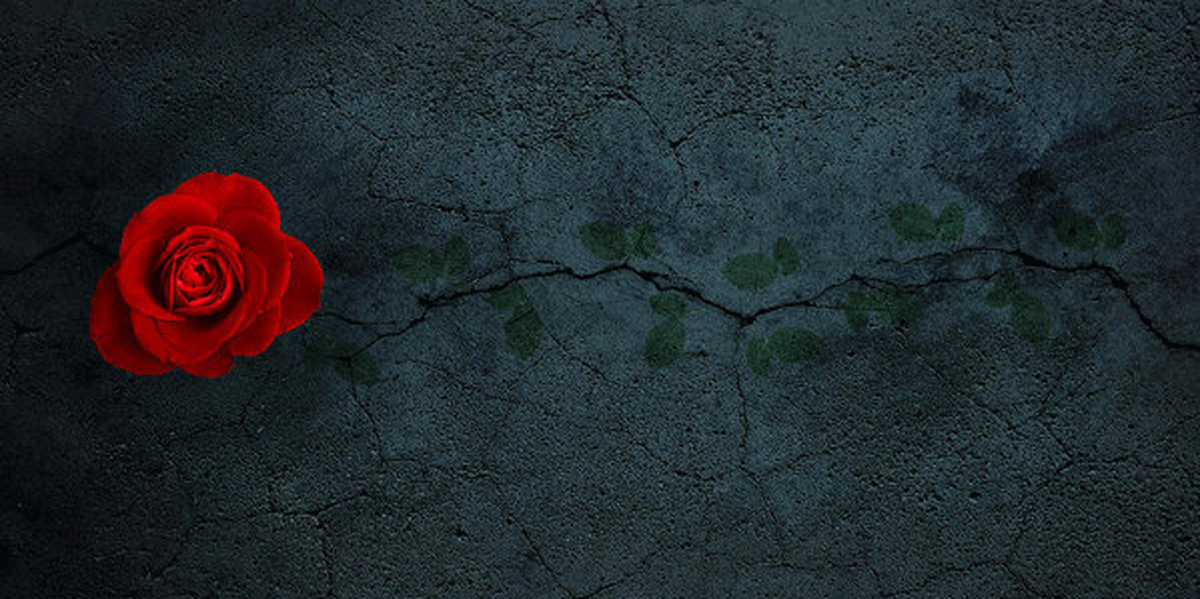We know that children learn best when they are physically, psychologically, and emotionally safe. When any one of those is compromised, learning is, too.
In Colorado, one in seven children may not always know when or where they will get their next meal, and Horizons students are likely among them. When children enter the Horizons program at Colorado Academy, every one of them has qualified under federal guidelines for “free and reduced lunch,” and that means they come from a family whose monthly income may be under $600.
So how do we best prepare to teach students? We focused on that question in preparing for this summer’s Horizons session with professional development for our faculty and staff, and we found some answers in a framework called Trauma Informed Care.
ACE & trauma informed care
Chris Konrad, a veteran Horizons counselor as well as a counselor at Knapp Elementary, our main feeder school, did an eye-opening training on trauma informed care. In this session, Chris framed trauma through the lens of adverse childhood experiences (ACE). As part of ACE training, teachers learned how children under duress use various coping mechanisms to overcome their fear and pain, including engaging in risky behaviors. It doesn’t excuse the behavior. Rather, it gives educators a framework from which to better understand where children are coming from and helping them, as best as they can, work through and tackle obstacles.
Poverty=trauma
When you hear the word “trauma,” you probably assume that means things like violence, alcohol and drug abuse, or family members being incarcerated. But did you know that persistent poverty is also considered a cause of trauma? Within this context, each of our Horizons students is constantly exposed to trauma, because they and their families are grappling with the impacts of poverty. The children survive despite their circumstances; Konrad likened them to rap artist Tupac Shakur’s poem about a rose growing out of concrete.
Horizons’ impact
With this knowledge, the importance of programs like Horizons is made abundantly clear. While at Horizons, students know that they have a safe place to be themselves, learn about the world and each other, broaden their points of view, have access to high-quality education, learn how to swim, and have two hot meals a day. If Horizons didn’t exist, not only would these students be home with nothing to do in the summer months, they might not have food to eat, perpetuating the cycle of trauma even more.
Fortunately, more educational institutions are paying attention to all of the factors that can impede learning. Still today, Abraham Maslow’s 1943 psychology theory around a hierarchy of needs holds true. He said that if the basic needs of food, clothing, and shelter are not met, there is no way a person can get to self-actualization, which is where academic performance lies.
Evidence of a legacy
As the Horizons faculty and staff look forward to this summer’s session, I am grateful to have such an insightful counselor like Chris working with Horizons for so many years, helping us to be mindful of the obstacles that our students face on a daily basis, to help them to cope and, ultimately, open a path so that they can become productive and actualized members of our community. Evidence of how Horizons helps students create a new and different legacy is that 40 percent of our faculty and staff are Horizons alumni. Growing up, they faced intense challenges, and now, so many of them are back with us, working as interns, assistant teachers, and lead teachers. Every time, they talk about the safety and support that Horizons provided to them that, in turn, they want to help provide for others.
